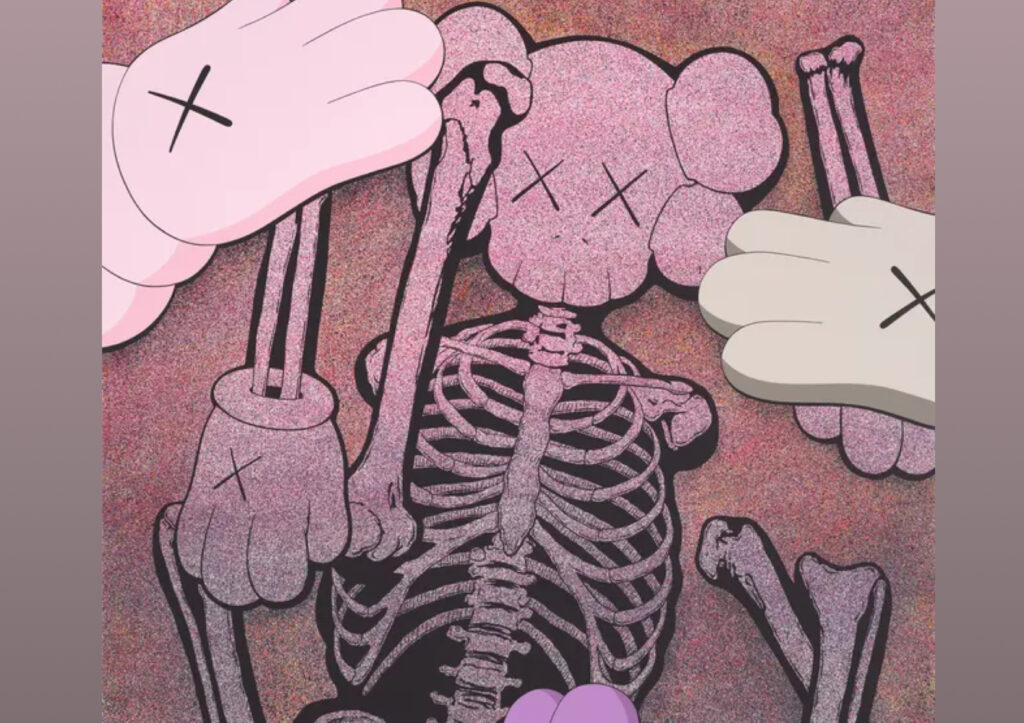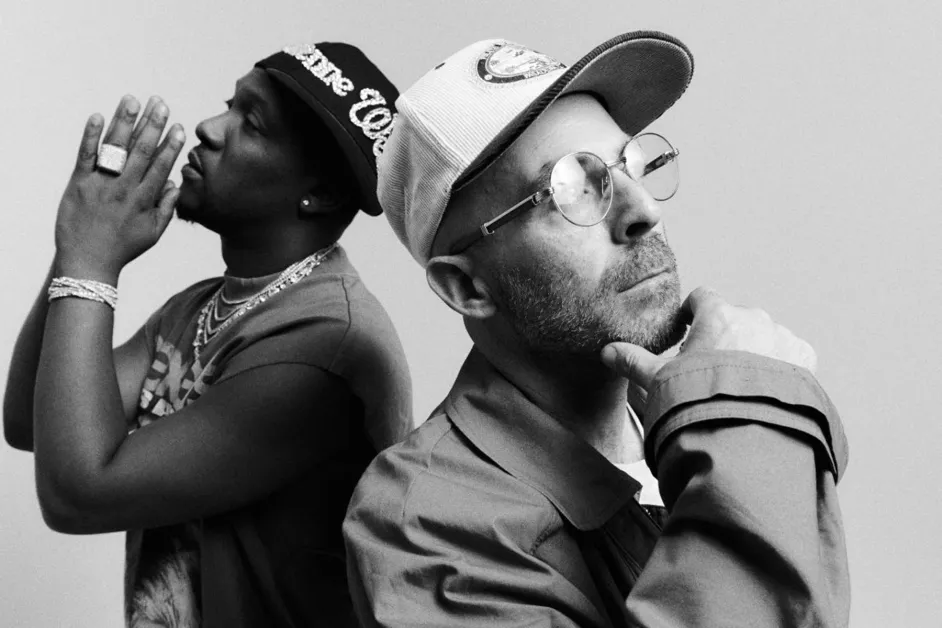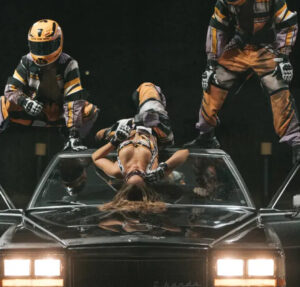From Pyrex to Psalms: The Echoing Return of Clipse
The unmistakable Virginia drawl. The crystalline wordplay. The alchemy of flow and struggle. Two decades after Lord Willin’ upended Southern hip-hop with a coke rap doctrine steeped in both grit and gloss, the brothers Thornton—better known as Pusha T and Malice—are back. Clipse has returned, not as nostalgia bait, not as a fleeting cipher of the past, but as visionaries redefined.
Their new single, “Ace Trumpets,” hits like a sun-scorched sermon—baroque and brutal. Produced by a triumphant beat that feels equal parts Sunday Mass and street massacre, it heralds more than a sonic reunion. It signals a reckoning. This isn’t just about what Clipse was. It’s about what Clipse is now, and the worldview they bring to a fractured genre still reeling from algorithmic dilution.
Pusha T, long held as one of the genre’s most surgical lyricists, has never lost his footing. But what sets “Ace Trumpets” ablaze is the return of Malice—now No Malice, whose decade-long departure from rap in favor of spiritual direction once felt final. Yet here he is, not reverting, but evolving: righteous, wrathful, and razor-sharp.
Trumpets as Symbol: A Sound of Judgment
Why “Ace Trumpets”? It’s not just a clever title. It’s an invocation. In both Christian eschatology and Black musical tradition, trumpets carry weight—they summon, they warn, they exalt. The track opens with brass that sounds like it could have been sampled from an old Mahalia Jackson record, then corrupted through industrial drums. It’s church music after the fall of Babylon.
The “Ace” here isn’t just dominance—it’s the final card. As Pusha declares over the blare: “Trumpets blow like Gabriel / White robe on, no cameo.” This isn’t just floss—it’s apocalypse chic. Malice answers with conviction: “This ain’t rap, it’s revelation / Streets dried up, but I fed the nation.” He raps not as a preacher, but as a man who walked through brimstone and lived to testify.
The balance between sacred and profane isn’t new in hip-hop, but rarely has it sounded this earned. Ace Trumpets doesn’t sermonize—it cauterizes.
The Brothers Reunited: A History Rewritten
To understand the weight of Clipse’s return, one must grasp the rupture that occurred in 2010. After two seismic albums (Lord Willin’ and Hell Hath No Fury) and a swan song (Til the Casket Drops), Malice departed the industry altogether, citing the moral contradictions of fame and drug glorification. He released a memoir (Wretched, Pitiful, Poor, Blind and Naked) and rededicated his life to faith. Pusha T, meanwhile, dove headfirst into solo superstardom, aligning with Kanye West’s G.O.O.D. Music, ascending to executive levels, and becoming the genre’s luxury street rap torchbearer.
So when whispers of a Clipse album began circulating in 2024, the skepticism was understandable. Would Malice return to the old material? Would he compromise his convictions? Ace Trumpets answers with an emphatic no. This isn’t regression—it’s fusion. The righteousness of Malice meets the opulence of Pusha T in a rare alchemical blend.
This isn’t the return of Clipse—it’s the reformation of Clipse.
VA Isn’t for the Weak
Virginia has always produced artists who sit slightly to the left of center. From Missy Elliott and Timbaland to Pharrell Williams and D.R.A.M., the common thread isn’t just sonics—it’s audacity. Clipse emerged in the early 2000s as the icy counterpoint to Atlanta’s heat and New York’s grime. Where others rapped about the drug game in broad strokes, Clipse detailed it with surgical realism—weight, paranoia, margins, customs.
In 2025, that regional ethos remains intact. “Ace Trumpets” was recorded, reportedly, in Norfolk’s historic Attucks Theatre—a venue with deep roots in Black cultural history. That decision is symbolic. It grounds the song not in trends or playlists, but in place. In soil. And in soul.
Even as rap grows more decentralized, Clipse reminds us that regional identity still matters. The 757 isn’t just an area code—it’s an accent. And every syllable on “Ace Trumpets” is steeped in it.
Modernization Without Compromise
What’s striking about “Ace Trumpets” isn’t just its lyrical prowess—it’s how modern it sounds without chasing trends. There are no trap hi-hats, no TikTok-friendly hooks. The beat, crafted by a rumored flow between The Neptunes and Madlib, feels like ancient marble made digital—monolithic, grim, and elegant.
Pusha’s verses remain as crisp as ever, gliding between references to Céline outerwear and DEA subpoenas. Malice, meanwhile, brings a timbre and content rap sorely lacks—one of spiritual urgency. His voice sounds older, deeper, but no less potent.
They are not here to relive the past. They are here to set the tone for what mature rap, post-illusion, can sound like.
Cultural Reverberations
In the first 48 hours of release, “Ace Trumpets” surged to the top of streaming rap playlists not because of trends, but because of hunger. Fans and critics alike have long awaited the return of an adult voice in hip-hop that doesn’t infantilize trauma or romanticize crime. That hunger—for accountability without condescension, for poetry without pretense—is exactly what Clipse delivers.
Critics have already begun calling “Ace Trumpets” the Deuteronomy of coke rap: not a rehash of sin, but a retelling with moral clarity.
The track’s artwork, a grainy photograph of the brothers in sepia tones, dressed in stark black suits, standing on the steps of an old Norfolk church, reinforces the motif. This is a homecoming—but also a reckoning.
What Comes Next?
“Ace Trumpets” is reportedly the lead single off a full Clipse project set to release in late 2025, tentatively titled Deliver Us from Evil. Pusha has called it “our last testimony,” while Malice hinted it’s “not for playlists, but for psalms.” If the rest of the album follows the tone of this lead, it won’t just be one of the most anticipated releases of the year—it will be one of the most philosophically daring.
There’s also talk of a short film to accompany the record, directed by Hiro Murai (Atlanta, This Is America), and appearances from Lauryn Hill, Nas, and Sade (in spoken-word form). It’s not just a music comeback. It’s an immersive statement.
The Gospel According to Clipse
If hip-hop is a genre that reflects the age of its practitioners, Clipse’s return with Ace Trumpets marks a powerful evolution. They are no longer simply narrators of street economies—they are philosophers of consequence, elders of craft, and prophets of experience.
“Ace Trumpets” doesn’t ask for validation. It declares it. And in doing so, Pusha T and Malice have managed to do the impossible: resurrect Clipse without burying their growth. This is not a comeback. This is canon.
No comments yet.








